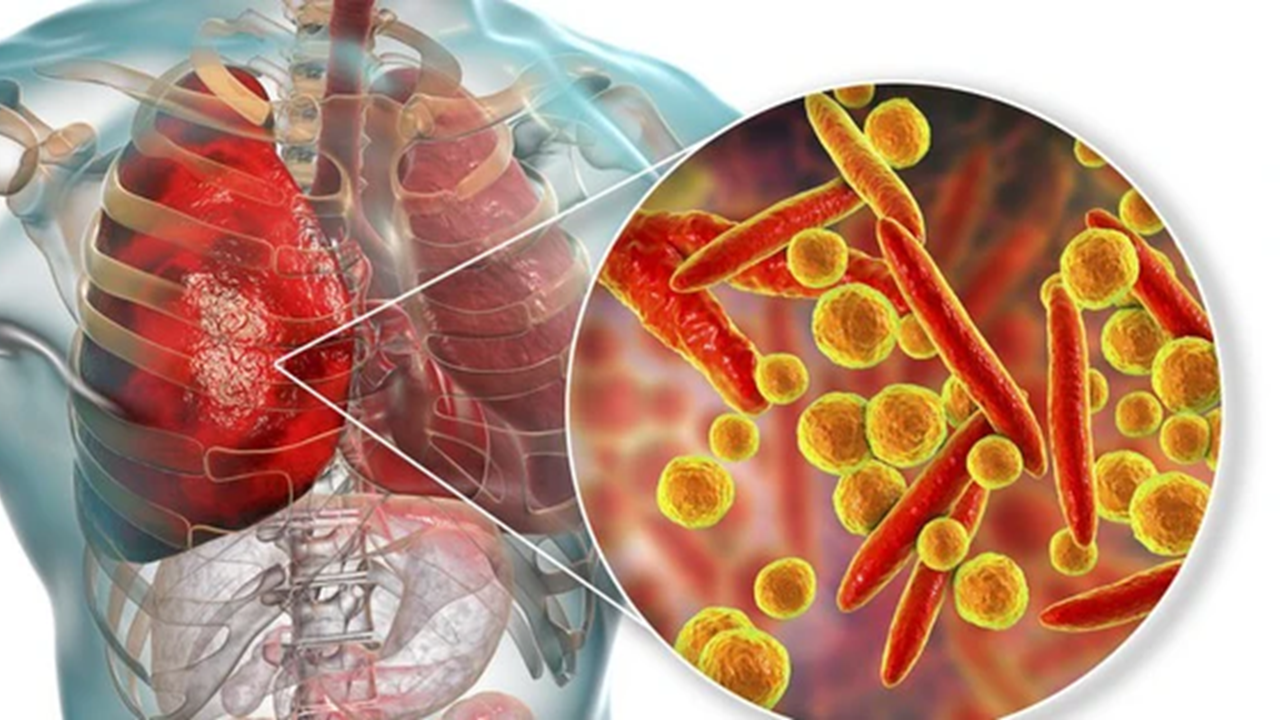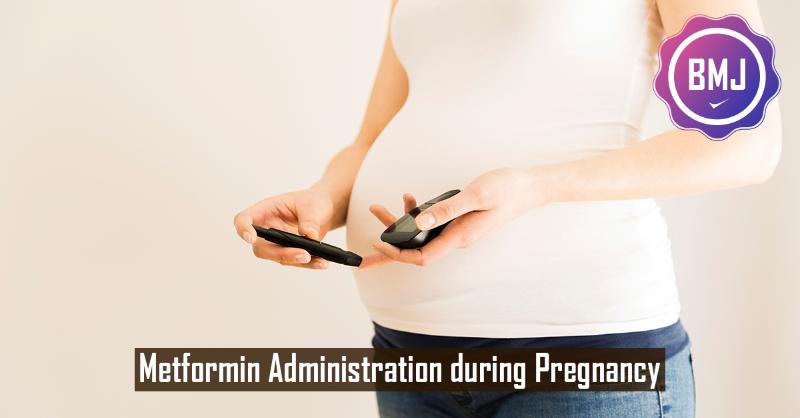Methotrexate Boosts Steroid-Free Remission in Newly Diagnosed Polymyalgia Rheumatica
BARCELONA, Spain — Compared with placebo, adding methotrexate (MTX) to treatment for newly diagnosed polymyalgia rheumatica (PMR) nearly doubled glucocorticoid (GC)-free remission rates at 1 year, according to research presented at European Alliance of Associations for Rheumatology (EULAR) 2025 Annual Meeting.
Patients in the MTX group also achieved GC-free remission sooner than those in the placebo group, but researchers did not find that adding MTX significantly reduced the cumulative GC dose.
Previous studies evaluating MTX as a GC-sparing agent in PMR have had variable results, said Aatke van der Maas, MD, PhD, a rheumatologist at Sint Maartenskliniek, Nijmegen, the Netherlands, who presented the findings at the meeting. However, these earlier trials used lower doses than those typically used for other rheumatic diseases.
“We wanted to look at whether MTX at 25 mg weekly would be effective in achieving GC-free remission in recently diagnosed PMR patients,” she said.
Van der Maas previously presented results from this trial at the American College of Rheumatology 2024 Annual Meeting in Washington, DC. At that time, the analysis suggested that MTX did not increase GC-free remission rates; however, due to a coding error that resulted in some patients being placed in the wrong allocation group, those older results were considered erroneous. These updated results followed an audit and re-analysis of the source data.
Targeting Early Disease
The interleukin-6 receptor antagonist sarilumab is already approved for PMR in patients who have had an inadequate response to corticosteroids or could not tolerate a corticosteroid taper. But this trial targeted a different patient population, said Sara K. Tedeschi, MD, MPH, of Brigham and Women’s Hospital, Boston.
“It’s a very different scenario, and one that I think is very attractive about the study,” she told Medscape Medical News. Tedeschi was not involved in the research. “For many patients with PMR, it would be great to discuss starting a steroid-sparing agent at the time of diagnosis, rather than needing to wait many months to see how they respond to a steroid taper before deciding to add a steroid-sparing agent.”
To see whether a higher MTX dose resulted in higher steroid-free remission rates, researchers recruited 64 patients who had been diagnosed with PMR within the past 12 weeks. All patients met the 2012 EULAR/ACR classification criteria for PMR and had been taking GCs for < 8 weeks. Patients with other rheumatic inflammatory conditions, contraindications to MTX, or those receiving other immunomodulatory therapies were excluded.
Patients were randomly assigned in a 1:1 ratio to receive a weekly dose of 25 mg oral MTX or placebo. An accelerated GC taper accompanied both treatment groups, beginning at 15 mg and tapering to 0 mg over 24 weeks. The primary outcome was GC-free remission, defined as a PMR activity score of < 10 and no systemic GC use, at week 52.
Patients assigned to placebo had a higher median age than the MTX group (68 years vs 63 years) and a higher BMI (28 vs 25). The proportion of men and women enrolled in the study was approximately equal.
Higher GC-Remission Rates in Less Time
A total of 80% of patients in the MTX group achieved GC-free remission at 1 year compared with 46% of individuals in the placebo group (P = .004). The median time to remission was shorter in the MTX group than in the placebo group (28 weeks vs 39 weeks; P = .013). The MTX group experienced fewer relapses through week 52 (31 vs 45). Relapse was determined by clinical judgement.
From week 0 to 52, the median cumulative GC dose was 2050 mg (interquartile range, 1770-2583 mg) in the MTX group and 2288 (interquartile range, 1880-2878 mg) in the placebo group; this difference was not statistically significant (P = .17). Adverse events were comparable between the two groups.
“We conclude that there is a significant effect of methotrexate 25 mg in recently diagnosed patients on GC-free remission, median time to remission, and the number of relapses, but we could not demonstrate a significant GC-sparing effect or an effect on percent of relapsing patients,” van der Maas said.
Larger and Longer Study Needed
Researchers are still following these patients, which will provide more insight on long-term GC use and prolonged remission, van der Maas said.
The difference in GC-free remission rates between the two groups is “pretty striking,” Tedeschi said, and the similarities in relapse rates and cumulative GC doses raise interesting questions that should be explored further.
“Based on these data, I do think it would be worthwhile to do a larger study.”
Source
Methotrexate Boosts Steroid-Free Remission in Newly Diagnosed Polymyalgia Rheumatica - Medscape - July 03, 2025.
Bài viết liên quan






